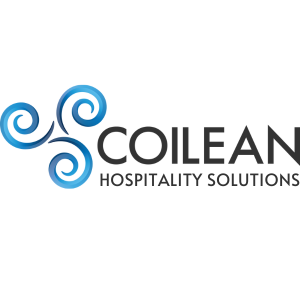In hospitality, we collect feedback constantly — comment cards, online reviews, social media, internal reports. But how often do we truly act on it?
Too many businesses either ignore data or get overwhelmed by it, unsure of what to do next. Yet, the difference between a good operator and a great one often comes down to how effectively they turn feedback into action.
The Feedback Blind Spot
It’s easy to cherry-pick praise and dismiss criticism as an off day. But feedback — especially the tough kind — is a gift. It offers a real-time mirror into how your business is performing from the customer’s perspective.
Consider:
-
Do you respond to every review — not just the 5-stars?
-
Do your teams know what feedback you’re getting?
-
Are you identifying patterns, or just firefighting individual comments?
Creating a Culture of Listening
Feedback isn't just an external process — it must be baked into your internal culture. That starts by:
✅ Making feedback visible — share highlights (and lowlights) in team briefings.
✅ Encouraging internal reporting — from floorwalks to kitchen notes, your team sees everything.
✅ Valuing the voice of the customer — don’t dismiss complaints; decode them.
Turning Insights into Impact
The most successful operators use a simple loop:
-
Collect feedback – digital and in-person, from staff and guests.
-
Group by theme – e.g. “slow service,” “unclean toilets,” “amazing drinks.”
-
Prioritise fixes – address frequent or high-impact issues first.
-
Test changes – whether it’s retraining, changing layout, or simplifying the menu.
-
Measure again – did the issue improve? If not, try a new approach.
This method not only improves guest satisfaction — it empowers your team to feel part of the solution.
Internal Feedback is Just as Powerful
Don’t forget your people. Regular check-ins, anonymous staff surveys, and feedback from leavers can shine a light on training gaps, management blind spots, and morale issues before they affect service.
When you ask for feedback and do nothing — people stop giving it. But when your team sees change happen, they engage more deeply, trust leadership, and often offer brilliant insights of their own.
The Competitive Advantage of Listening
Hospitality is about connection — and people can feel when their feedback is being ignored. Businesses that listen, adapt, and grow stand out. Their reviews improve, their teams stay longer, and their customers return.
Final Thought: Action is the Answer
Data without action is noise. But even small changes — a warmer greeting at the door, a clearer specials board, a quicker response to complaints — can transform your business when driven by meaningful feedback.
So, ask yourself: Are we collecting feedback? Or are we listening to it?
👉 Need help building a feedback loop that actually drives performance? Contact us.


